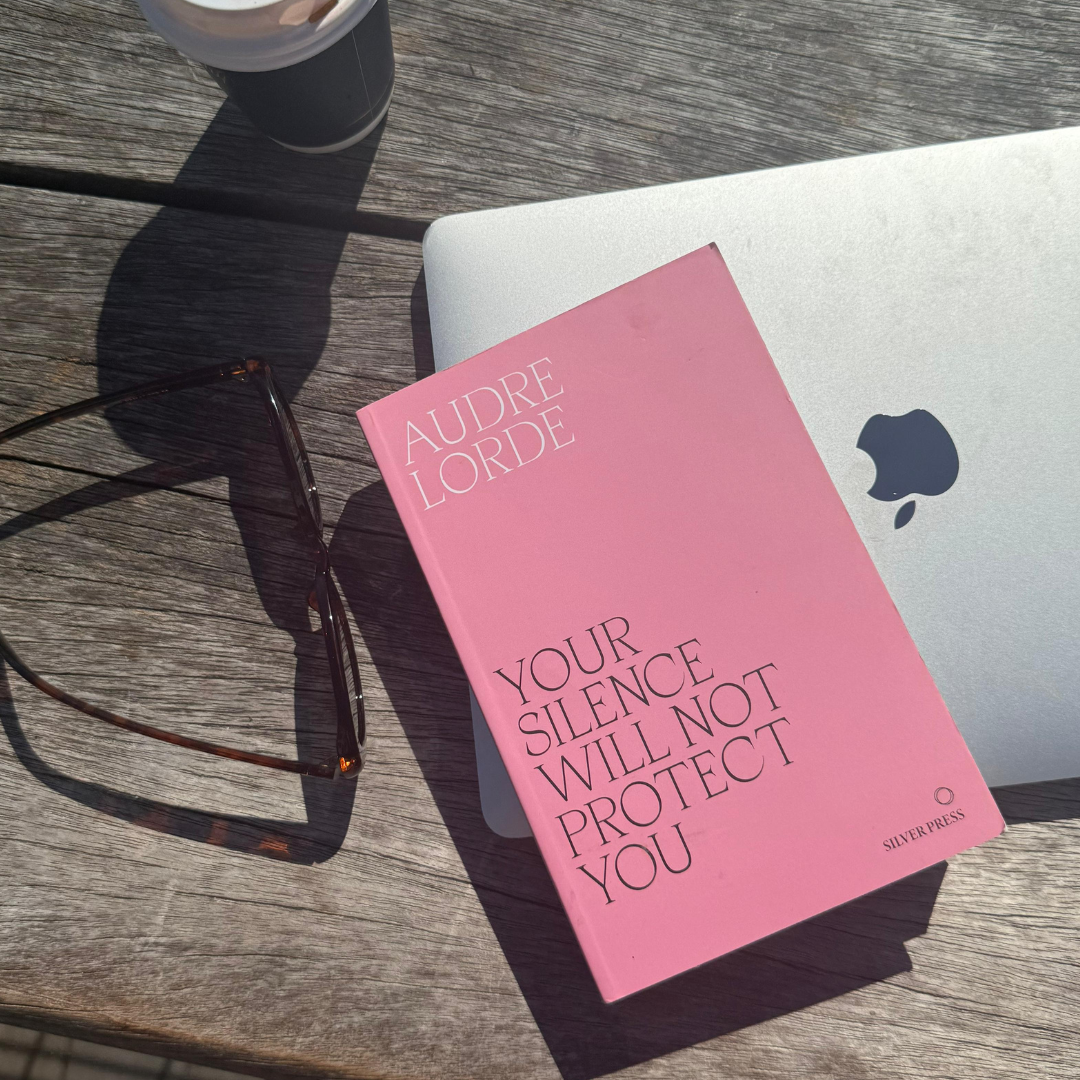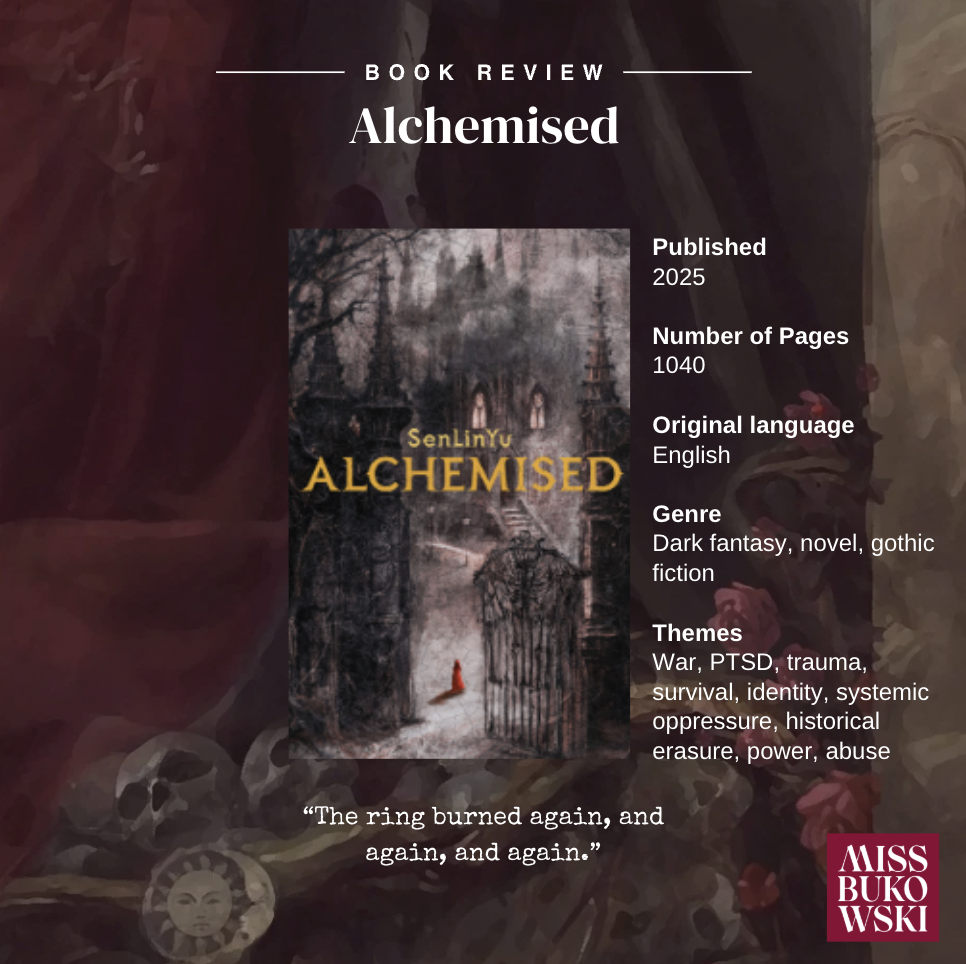The Facts
- Published: December 22, 1999
- Original language: English
- Genre: Psychology-ish, creative non-fiction, self...help....? Hard to categorize, y'all.
- Number of pages: 237
- Publisher: New Visions
The Gist
The will to extend one’s self for the purpose of nurturing one’s own or another’s spiritual growth… Love is as love does. Love is an act of will-namely, both an intention and an action. Will also implies choice. We do not have to love. We choose to love.
"All About Love" is a deeply insightful, thought-provoking, curious little book I think I'll read several times throughout my life. It's an exploration of one of the most fundamental aspects of human experience: love in all of its formats. Famiiliar love, self-love, romantic love, friendship love, spiritual, etc.
Who was bell hooks?
bell hooks (1952–2021) was an influential American author, feminist theorist, and cultural critic known for her groundbreaking work in intersectional feminism and social justice. Her real name was Gloria Jean Watkins, but she used the pen name bell hooks—styled in lowercase letters to emphasize the content of her work rather than her identity—drawing inspiration from her great-grandmother's name.
Key Aspects of her Work:
- Intersectionality: Hooks was a pioneer in exploring how race, gender, and class intersect to shape experiences of oppression and privilege. Her work emphasized the interconnectedness of different forms of discrimination.
- Critical Feminism: Her writings challenged traditional feminist thought and called for a more inclusive and nuanced understanding of feminism. She critiqued both mainstream and radical feminist movements for often overlooking issues of race, class, and sexuality.
- Cultural Critique: Hooks examined how media and popular culture perpetuate stereotypes and reinforce societal norms. She explored themes related to identity, representation, and cultural politics.
- Education and Empowerment: She was extremely passionate about education as a means of empowerment and liberation. She advocated for transformative teaching methods that encourage critical thinking and personal growth.
- What other books of hers can I read?
- "Ain't I a Woman?: Black Women and Feminism" (1981): This seminal work explores the impact of sexism and racism on Black women and is a foundational text in Black feminist theory.
- "The Will to Change: Men, Masculinity, and Love" (2004): In this book, hooks addresses how traditional notions of masculinity hinder men’s emotional development and their relationships.
- "All About Love: New Visions" (2000): Here, hooks redefines love and explores how it can be a transformative force in personal and societal contexts.
bell hooks chose to use lowercase letters in her pen name as a deliberate stylistic and philosophical choice. Here’s why:
- Emphasis on Ideas Over Identity: By using lowercase letters, hooks aimed to shift focus from her personal identity to the content and ideas of her work. She wanted the emphasis to be on her writing and its impact, rather than on herself as an individual.
- Connection to Ancestry: she chose this format to honor her great-grandmother, whose name was also written in lowercase.
- Political Statement: The lowercase format can be seen as a form of resistance against traditional forms of hierarchical and patriarchal structures. By deviating from conventional capitalization, hooks made a subtle but powerful statement about challenging norms and conventions.
- Focus on Collective Voices: The lowercase style reflects her commitment to collective experiences and voices, emphasizing the communal aspects of social justice rather than individual fame.
bell hooks' book "All About Love: New Visions" (2000) is significant for several reasons:
- Redefining Love: The book provides a transformative redefinition of love, moving beyond romantic notions to encompass broader dimensions of care, compassion, and community. hooks argues that love should be understood as an active, intentional practice rather than just a feeling.
- Intersectional Approach
- Critique of Conventional Notions
- Emphasis on Healing and Empowerment: hooks connects love with healing and empowerment - healthy relationships inspire healthy lives, and the opposite is true. We are sponges absorbing everything in our environment.
- Focus on Practicality: Rather than being purely theoretical, hooks offers practical advice on how to practice love in everyday life through her own personal experiences.
- Influence on Feminist and Social Justice Discourse: The book has influenced feminist theory and social justice movements by emphasizing the role of love in addressing and overcoming systemic inequalities. It challenges readers to consider how love can be a force for socio/economic/cultural change.










